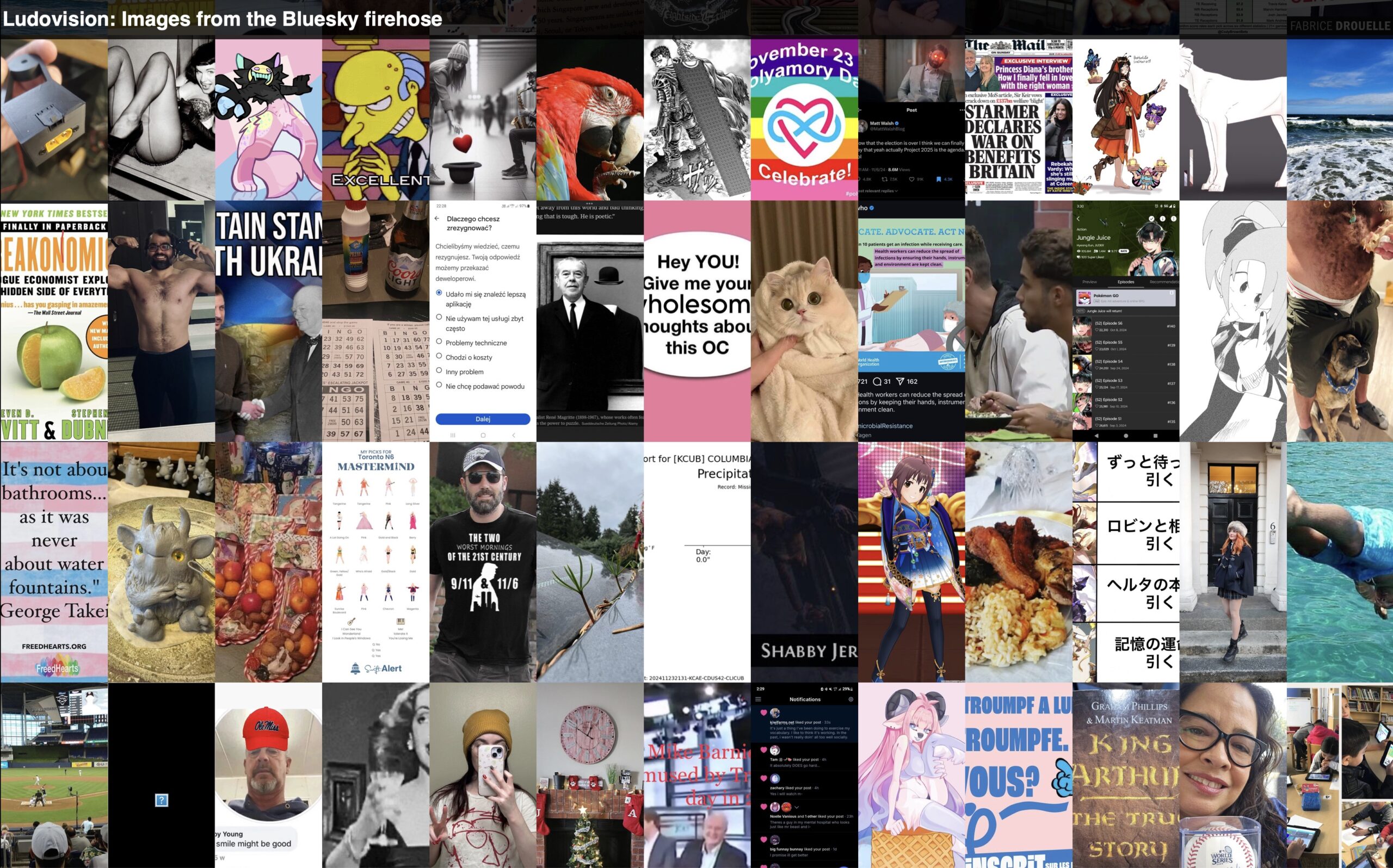Imagine a world where every job was done by hand, and the hum of machinery

Documentaries like The Great Hack, Citizenfour, and Risk have become essential viewing. They shine a light on the hidden

The Illinois Quantum and Microelectronics Park aims to transform the South Works steel mill site into a quantum computing campus, promoting innovation and workforce development. However, decades of failed projects have bred community skepticism. Residents seek assurances regarding environmental impacts, job accessibility, and tangible benefits as planning progresses.

AI-driven scams are increasingly sophisticated, utilizing voice cloning and realistic fake content to deceive victims. The FBI warns of these evolving tactics, urging individuals to limit their online exposure and adopt protective measures like “proof of humanity” words. Knowledge and cautious sharing are crucial to safeguard digital identities against these threats.

Privacy International (PI) is dedicated to defending global privacy rights amid evolving technology. Through advocacy, research, and resources like the State of Privacy and Data Protection Guide, PI empowers individuals to combat data exploitation and surveillance. Highlighting privacy as a fundamental human right, PI also supports marginalized communities affected by data misuse.

Safeguarding your privacy online involves taking small, intentional steps rather than drastic changes. Every online action generates data that can be exploited, making even minor adjustments, like using strong passwords or reviewing privacy settings, crucial. By gradually adopting privacy-focused tools and educating yourself, you contribute to a culture that values privacy.

Social media has transformed communication but also facilitated the rapid spread of misinformation, fueled by moral outrage. Emotional reactions often drive sharing without fact-checking. Algorithms amplify this content, creating a cycle that prioritizes engagement over truth. To combat this, both platforms and individuals must prioritize accuracy and digital literacy in sharing practices.

Brendan Carr’s actions as an FCC leader raise concerns about government overreach and censorship. He manipulates the “equal time rule” and misinterprets Section 230 to suppress dissenting viewpoints, threatening broadcasters and tech companies. This trend jeopardizes First Amendment protections and could foster self-censorship, undermining free speech in the digital age.

Jay Graber, CEO of Bluesky, is revolutionizing social media by advocating for decentralization and user control, countering corporate monopolies. With a diverse background, she aims to create a more transparent and user-centric platform. Despite challenges, Bluesky represents hope for reclaiming the internet as a space for genuine connections.

Mobile users are increasingly concerned about location privacy, leading Android and iOS to implement flexible permission settings. Users can manage app access individually, ensuring only necessary apps track precise locations. Regularly reviewing and adjusting permissions enhances privacy, empowering users to control their data effectively across both platforms.

The content emphasizes the importance of protecting personal data, equating it to safeguarding valuable possessions. It highlights the dangers of data weaponization, using the contrasting engagement levels on Bluesky and X as an example. Vigilance and protective measures like VPNs are advocated to ensure data security in 2025 and beyond.

Ludovision, a tool that streams images from Bluesky, reveals the vast digital footprints people leave online. It highlights the illusion of privacy through obscurity, demonstrating that every upload contributes to a public digital trail. Users must recognize the fragility of their online privacy and make intentional choices regarding data sharing.

The Netflix documentary Buy Now: The Shopping Conspiracy reveals how online shopping platforms manipulate consumer behavior through data collection and algorithmic influence. It emphasizes the hidden costs of convenience, notably compromised privacy and the commodification of attention. Viewers are encouraged to shop intentionally, protect their data, and reconsider their consumption habits.

The article highlights the significant risks of passive surveillance through smartphones, emphasizing how personal data is harvested and exploited by data brokers. It outlines the severe implications for privacy, including stalking and identity theft. To enhance privacy, individuals are urged to reset advertising IDs, restrict app permissions, and advocate for legislative reforms.

Take control of your online privacy with one simple change: use TOR. Protect your personal data, reduce your attack surface, and clean up your digital footprint. Not ready for TOR? Try privacy-focused browsers like Safari or Brave and browse in Private Mode by default. Your data is your power—protect it.

Encryption might sound like something reserved for hackers, spies, and tech experts, but it’s actually

Something finally hit me like a ton of bricks. We’ve been here before. How many

It’s been several days now with the Oculus Go. I find that I’m spending time

In 2004, Tom Preston Werner created something huge. His idea was cemented in history as

Before we get to Social VR, let’s recap. It’s 2017, almost 2018, and Virtual Reality

Virtual Reality (VR) is improving the way humans interact. It’s creating human scale relationships, new

The truth about why I’m leaving the Dallas Startup Community.
It may come as a bit of a surprise to hear that North Texas’ number

If you’ve been reading my posts over the past months, you may have noticed that

I have a few friends that simply don’t understand the changes Heather and I are

Heather and I are fascinated with the idea of living off the grid in a

Drop by any consumer electronics store, and see what TVs are selling best. According to

Recently I spent some time reading, researching, and watching the state of the art in























